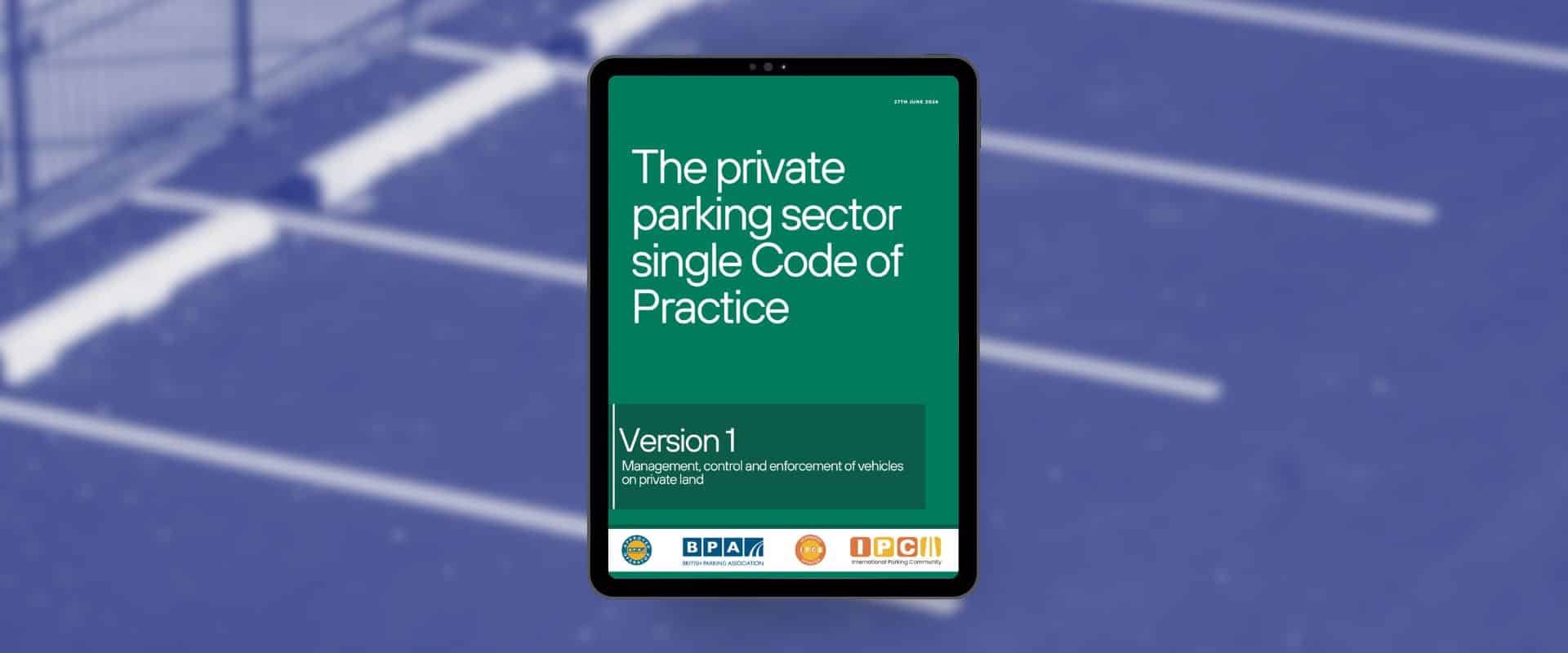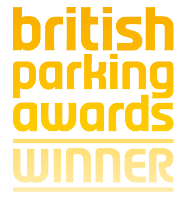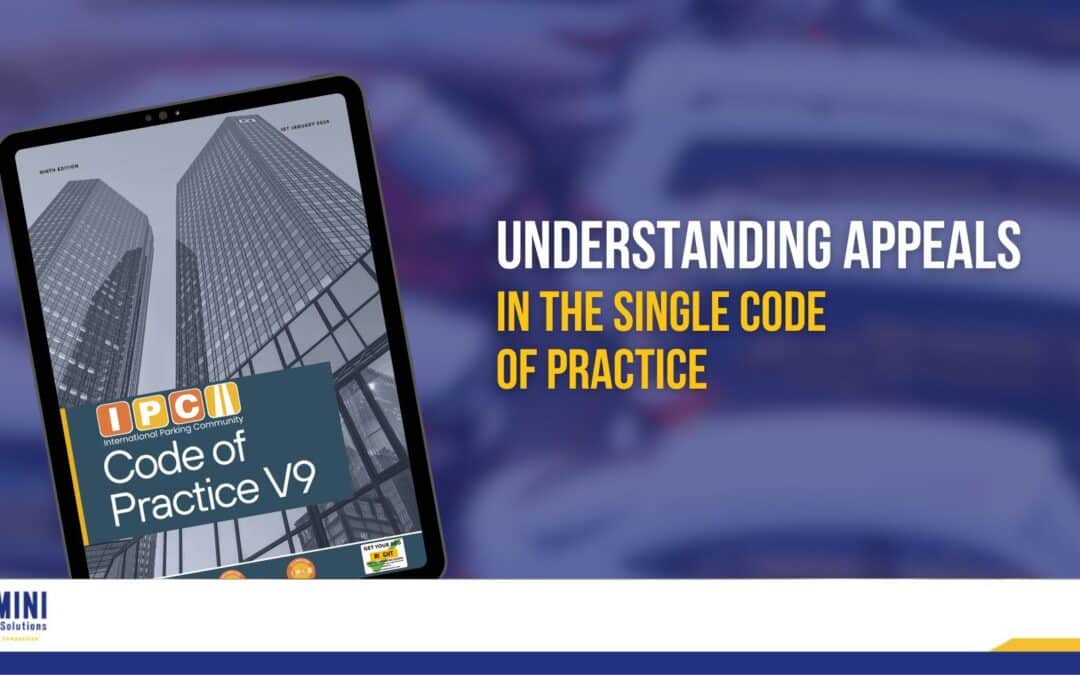The Appeals Process in the Single Code of Practice: What Motorists and Businesses Should Know
We recently shared an article on the new Single Code of Practice being introduced, with clear and fair guidelines around the parking industry in the UK. In this article, we wanted to focus in on the appeals process and help outline the key changes and guidelines that apply to business owners, operators and motorists alike.
This code, jointly created by the British Parking Association (BPA) and the International Parking Community (IPC), aims to streamline how appeals are handled, ensuring a fairer approach for motorists and greater consistency for operators.
This article will explore what the new rules mean for both motorists and businesses, helping them understand their rights and responsibilities when it comes to disputing parking charges.
The Appeals Process: An Overview
The appeals process is a critical part of the parking enforcement system, providing motorists with the opportunity to contest parking charges they believe are unjust.
Under the Single Code of Practice, the process has been standardised across all private parking operators, aiming to protect motorists from unfair practices and ensure that appeals are handled transparently.
Key aspects of the appeals process include:
- Right to Appeal: Every motorist who receives a parking charge notice (PCN) has the right to appeal if they believe the charge is incorrect or unfair. The new code ensures that this right is clearly communicated on the PCN and through signage at the parking site.
- Independent Appeals Service: If an initial appeal to the parking operator is unsuccessful, motorists can take their case to an independent appeals service. This is designed to provide an unbiased assessment of the case, giving both the motorist and the operator a fair hearing.
- Timeframes for Appeals: The code specifies clear timeframes within which appeals must be submitted and processed. Motorists usually have 28 days from receiving the PCN to lodge an appeal, while operators are required to respond promptly, typically within 14 days.

What Motorists Should Know About the Appeals Process
As a motorist, understanding your rights under the appeals process can save you time, money, and stress. Here are the key points you need to keep in mind:
1. Check Your PCN for Appeal Information: The first step is to carefully read the PCN you receive. It should contain detailed instructions on how to appeal, including the deadlines you need to meet and the evidence you should provide.
2. Submit a Clear and Evidence-Based Appeal: When appealing, make sure your submission is clear, concise, and supported by evidence. This could include photographs of signage, proof of payment, or any correspondence you had with the parking operator. Be factual and stick to the details of your case.
3. Use the Independent Appeals Service If Necessary: If your initial appeal is rejected, don’t hesitate to take your case to the independent appeals service. This service is free for motorists and is there to ensure you receive a fair outcome. Provide any additional evidence you may have and clearly state why you believe the charge is incorrect.
4. Know Your Rights in the Process: The new code of practice ensures that motorists cannot be pressured into paying charges that they dispute. The appeals process is designed to be transparent and unbiased, ensuring that your case is heard fairly.
5. Avoid Ignoring PCNs: One of the biggest mistakes motorists can make is ignoring a PCN. This can lead to increased charges, legal action, and damage to your credit rating. It’s always better to engage with the appeals process and seek a resolution.
What Businesses Should Know About the Appeals Process
For businesses that manage private parking facilities, the new appeals rules introduce a need for transparency and efficiency in handling disputes. This not only protects motorists but also helps operators maintain a positive reputation and avoid costly legal battles.
1. Implement Clear Signage and Communication: One of the main reasons appeals are successful is unclear signage. Ensure that your parking site is clearly marked with the terms and conditions, charges, and information about how motorists can appeal a charge. This transparency can reduce the number of disputes and foster trust with your customers.
2. Respond Promptly to Appeals: The code requires operators to respond to appeals within a specific timeframe. Failing to meet these deadlines can result in automatic rulings against the operator. Ensure that your appeals handling team is well-trained, understands the code, and operates efficiently to meet these requirements.
3. Keep Detailed Records: To defend against appeals, it’s crucial for operators to maintain accurate records, including ANPR data, payment logs, and any communications with the motorist. This evidence is essential when defending a charge both internally and through the independent appeals service.
4. Maintain a Fair and Consistent Approach: The new code emphasises fairness in how appeals are handled. Ensure that your team follows a consistent approach and treats each appeal on its merits. Upholding a fair system can reduce the likelihood of further disputes and contribute to a positive perception of your business.
5. Engage with the Independent Appeals Service: Operators are encouraged to engage fully with the independent appeals service, providing all relevant evidence and cooperating with the process. This not only ensures a fair outcome but also helps identify any weaknesses in your parking management system that can be improved.

In Summary: Understanding the Appeals Process
The new appeals process under the Single Code of Practice aims to bring clarity, consistency, and fairness to the way parking charges are disputed.
For motorists, it provides a clear pathway to challenge unfair charges and have their voices heard. For businesses, it emphasises the importance of transparency, good record-keeping, and fair treatment of all cases.
By understanding the new rules and engaging with the process, both motorists and operators can benefit from a fairer, more transparent parking environment.






